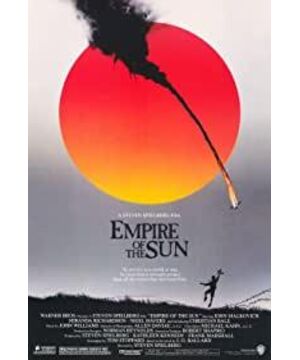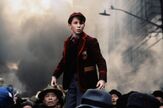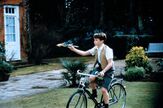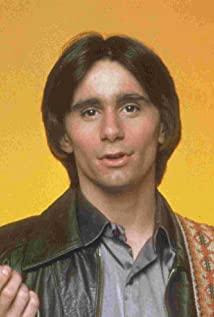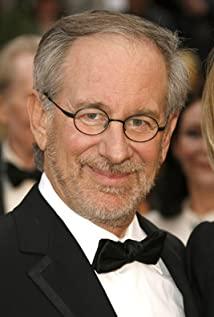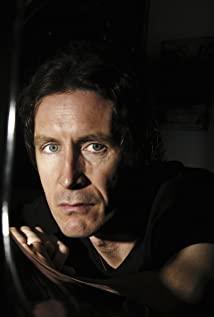——Analysis of the movie "Empire of the Sun"
The film tells the story of British Americans in concentration camps during the 1941 Anti-Japanese War from the perspective of Jim, a young British boy who was lost with his parents.
Jim was a rich boy who didn't worry about food and clothing, but the war broke all of this. People will make changes under the change of the environment. Jim has changed from a son who is taken care of by a servant to a child who can do anything to eat. He doesn't know why the war is, he doesn't know the cruelty of war, he just thinks about how to fill his stomach and live. Doing anything for food became his way of life. Survival, which seems extremely simple, is the hardest in war. On the contrary, death in war is the simplest, being beaten to death, starved to death or disease, as well as inner fear and despair. In war, death only takes a moment of artillery fire. Jim is smart and witty, with the vitality of weeds, the cruelty of war taught him the skills of survival, from not being able to eat potatoes to competing for a few people, never refusing to take off the shoes of the dead lady, to taking the initiative to ask for the leather shoes of the dead man, He was honed into a "pragmatist".
The most worth learning from jim is his spirit of pursuing dreams. A person with a dream is the greatest. He wants to be a pilot. Even in the concentration camp, he did not stop pursuing his dream. A child less than ten years old has a dream and sticks to it. This is the most worthwhile study for us. On the other hand, our childhood dreams are basically scientists, doctors and teachers, but as we grow older, when our dreams encounter setbacks and hit a wall, most people choose to give up. Giving up is the easiest thing, so few people can stick to their original dreams. It is said that dreams are the direction indicators in the road of life. It can be seen that the importance of dreams. Finding one's own dream and working hard for it is the real meaning of life.
Director Spielberg is good at making feature films, two and a half hours long, just like the length of the war. The national image shown to the audience in the film subverts our previous impression of Japan's war of aggression against China. The Chinese are selfish, the Japanese are heroic, the Americans are witty, and the British are gentlemen. The movie was released in 1987. In this era, most of the movie audiences were Japanese, American, and British, so director Spielberg changed his perspective, which was more in line with the film market at that time. Spielberg is good at making war movies, and is good at making stories about concentration camps, such as "Saving Private Ryan" and "Schindler's List". Therefore, the film can more delicately show the character and psychological changes of the characters.
At the end of the movie, Jim reunites with his parents. Jim has grown up in the war. He not only has the characteristics of the British, but also the "practicality" of the Americans and the awareness of the current affairs of the Chinese. He has experienced the cruelty of the war, and the eyes he sees when he sees his parents are not what a child should have, but more like an old man who has experienced vicissitudes of life. He grew up in exile.
View more about Empire of the Sun reviews


